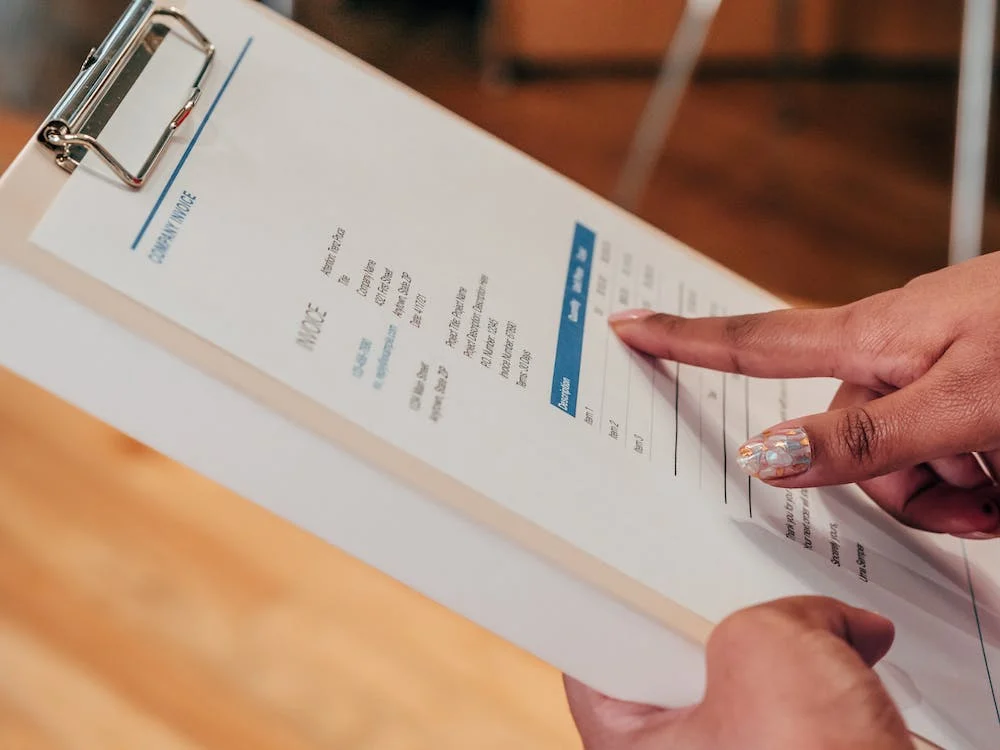In the world of online billing, the terms “recurring payments” and “recurring invoices” are often used interchangeably. However, there is a big difference between the two. Recurring payments refer to the automatic charges that are placed on a customer’s credit or debit card on a regular basis. Recurring invoices, on the other hand, are invoices that are sent to a customer on a regular basis, usually monthly or yearly.
So, which one should you use? The answer depends on your business and what you are trying to accomplish. Keep reading to learn more about the difference between recurring payments and recurring invoices!
What Are Recurring Payments?

Recurring payments are payments that are set up to be automatically processed on a regular schedule. With recurring payments, the customer’s credit or debit card is charged on a specific date without the customer needing to log in and confirm the payment. It’s an easy way to streamline your billing process and make sure that you get paid on time.
Recurring payments are typically used for subscriptions or recurring services. Many online services, such as streaming services or software services, use automated billing for their customers so that their customers don’t have to worry about missing a payment. Recurring payments are also an easy way to track your income and make sure that your customers pay on time.
What Are Recurring Invoices?

Recurring invoices are invoices that are sent on a regular basis, usually monthly or yearly. Instead of having to manually send out a new invoice for each new payment, the customer will receive a recurring invoice on the same day, every month or year.
This makes it easier for customers to keep track of their payments and it also makes it easier for the business owner to ensure that they get paid on time. Recurring invoices are often used for services or products that require regular payments, such as gym memberships or subscription services.
They can also be used to automate the billing process, as the customer will receive their invoice as soon as the payment is due. This makes it easier for both the business owner and the customer to keep track of their payments.
The Difference Between Recurring Payments And Recurring Invoices
The biggest difference between recurring payments and recurring invoices is how payments are processed. With recurring payments, payments are automatically processed on a regular basis without the customer’s explicit consent.
With recurring invoices, the customer must manually confirm their payment before the payment is processed. Recurring payments are typically used for services that require regular payments and that don’t need the customer’s approval.
On the other hand, recurring invoices are usually used for services that need the customer’s approval before payment is processed. Another difference between recurring payments and recurring invoices is that recurring payments are typically used for subscriptions or recurring services, whereas recurring invoices are used for services that need regular payments, such as gym memberships or subscription services.
Why Use Recurring Payments?
Recurring payments are a great way to automate your billing process and make sure that you get paid on time. It’s an easy way to streamline your billing process and make sure that the customers’ payments are processed without the need for manual approval.
Recurring payments also make it easier for customers to keep track of their payments, as their credit or debit card will be charged automatically on a specific date. This eliminates the need for the customer to log in to their account and manually confirm their payment each month.
Finally, recurring payments make it easier for businesses to track their income and ensure that they are getting paid properly. With an automated billing system, you will always be able to keep track of who has paid their bill and who still needs to make a payment.
Why Use Recurring Invoices?
Recurring invoices give businesses more control over the billing process, as the customer must manually confirm their payment before it is processed. This gives the business more time to review the invoice and make sure that it is accurate before the payment is processed.
Recurring invoices also make it easier for customers to keep track of their payments, as they will always receive an invoice on the same day, every month or year. This eliminates the need for the customer to log in and manually confirm their payment each month or year.
Finally, recurring invoices are a great way to streamline the payment process for customers who need to make regular payments, such as for gym memberships or subscription services. The customer will just receive their invoice and make the payment, without having to log in to their account.
Which Is Right For Your Business?

The answer depends on your business and what you are trying to accomplish. If you are looking for a way to automate your billing process, then recurring payments are the way to go. However, if you want more control over your invoicing process, then recurring invoices are the better option.
If you have customers that need to make regular payments, then recurring invoices might be a better solution as it will give you more control over the invoicing process and make it easier for the customer to keep track of their payments.
Conclusion
Recurring payments and recurring invoices are two different ways of billing customers for services or products. Recurring payments are automated payments that are placed on a customer’s credit or debit card on a regular basis. Recurring invoices, on the other hand, are invoices that are sent to a customer on a regular basis.
Which one you choose ultimately comes down to your specific business needs. If you’re looking for a way to automate your billing process, try Pinch Payments to help with the payment collection side of your business. However, if you need more control over your invoicing process, then recurring invoices are the better option.
Read Also:




























